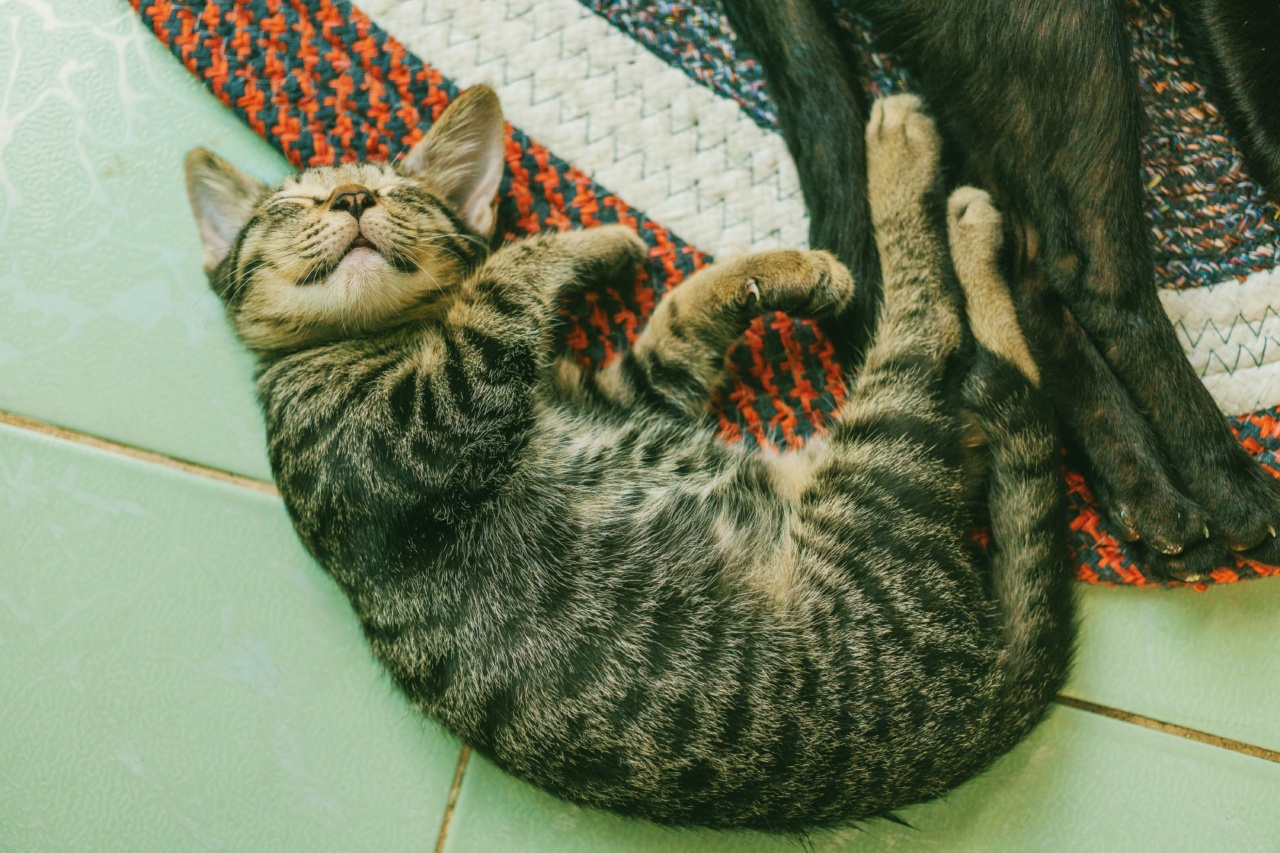For many pet owners, getting a good night’s sleep can be a real challenge. From barking dogs to cuddly cats, our furry friends have a knack for interrupting our slumber.
So, is your pet the main culprit behind your sleepless nights? Let’s explore this common issue and find some solutions to help both you and your pet get the rest you need.
The impact of pets on sleep
Pets, especially dogs and cats, are known for their unpredictable behavior, which can disrupt our sleep patterns. Here are a few ways your pet might be keeping you awake at night:.
1. Barking or meowing
Perhaps the most common reason for interrupted sleep is the noise pets make. Dogs might bark at unfamiliar sounds or passersby, while cats might meow loudly for attention or due to territorial issues.
The noise can be particularly bothersome if your pet sleeps in the same room as you.
2. Restlessness and movement
Pets, especially puppies and kittens, are often full of energy and can be restless throughout the night. They may roam around, jump on and off the bed, or even scratch at doors or windows.
These constant movements can disturb your sleep and prevent you from entering a deep and restful sleep stage.
3. Separation anxiety
Many pets experience separation anxiety when their owners leave them alone, even during the night. This can manifest as excessive whining, destructive behavior, or scratching at doors to be let in.
The fear of being alone can cause pets to act out and disrupt your sleep routine.
4. Allergies and asthma
Some pet owners may suffer from allergies or asthma, making it difficult to sleep with their furry companions. Pet dander, saliva, or fur can trigger allergic reactions, leading to congestion, sneezing, or even difficulty breathing.
These symptoms can significantly impact sleep quality.
5. Need for bathroom breaks
Just like humans, pets may need to relieve themselves during the night. This is especially true for puppies, older dogs, or pets with medical conditions.
Waking up to let your pet out can disrupt your sleep and make it difficult to fall back asleep afterwards.
Dealing with sleep disruptions
Now that we understand some of the ways pets can disrupt our sleep, let’s explore a few strategies to combat these issues:.
1. Establish a routine
Creating a consistent routine for your pet can help them feel more secure and reduce anxiety-related sleep disturbances.
Set specific times for feeding, exercise, and bathroom breaks to regulate their biological clock and ensure they are tired by bedtime.
2. Create a pet-friendly sleep environment
Make your pet’s sleeping area as comfortable and familiar as possible. Provide soft bedding, toys, and a safe space where they can retreat to at night.
This can help reduce restlessness and prevent them from seeking attention during your sleep hours.
3. Address separation anxiety
If your pet suffers from separation anxiety, gradually acclimate them to being alone. Start with short periods and gradually increase the duration.
Leaving them with interactive toys or comforting items, such as a blanket with your scent, can also help ease their anxiety.
4. Consult a veterinarian
If your pet’s behavior is severely impacting your sleep, it’s a good idea to consult a veterinarian. They can rule out any underlying medical conditions, provide behavioral training recommendations, or prescribe medication if necessary.
5. Create boundaries
If your pet’s movements or noise wake you up during the night, consider setting boundaries. Using pet gates or closing bedroom doors can restrict their access to certain areas, allowing you to sleep undisturbed.
However, ensure your pet has a comfortable alternative space to sleep in.
6. Manage allergies and asthma
If you suffer from pet allergies or asthma, it’s essential to manage your symptoms effectively. Keep your bedroom clean and free of allergens, use air purifiers, and consider using hypoallergenic bedding or mattress covers.
Regular grooming and bathing for your pet can also help reduce dander and allergens.
7. Seek professional help
If you’ve tried various strategies but still struggle with sleep disruptions caused by your pet, consider seeking professional help.
A sleep specialist or a professional animal behaviorist can provide tailored advice and guidance to address the specific issues you’re facing.
Conclusion
Pets can undoubtedly impact our sleep patterns, but with the right strategies and some patience, you can minimize their disruptions. Remember, our pets rely on us for their well-being, including a good night’s sleep.
By addressing their needs and finding ways to manage their behavior, you can create a harmonious sleep environment for both you and your beloved pet.































